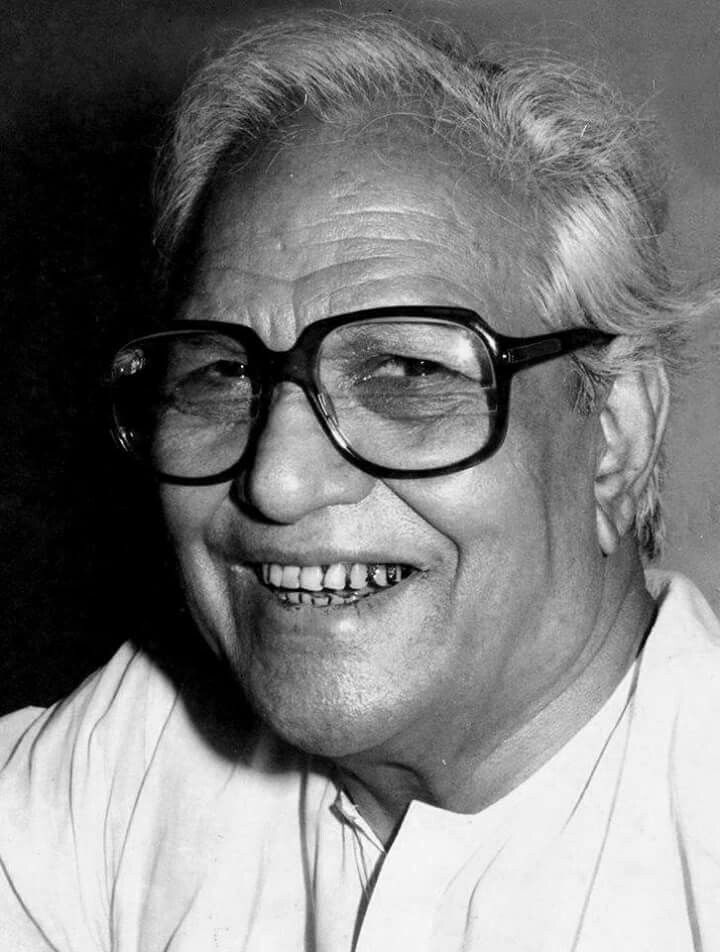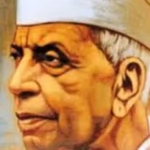Majrooh Sultanpuri: A Legendary Lyricist Who Crafted Timeless Songs
Majrooh Sultanpuri, one of India’s most celebrated lyricists and poets, is a name that resonates deeply in the world of Hindi cinema and literature. His contribution to Indian music is unparalleled, with his timeless lyrics continuing to be cherished by music lovers even today. This article delves into his biography, daily life, impact on society, and the legacy of his lyrics, shedding light on the essence of his contribution to Indian culture.
Early Life and Education
Majrooh Sultanpuri was born as Asrar ul Hassan Khan on October 1, 1919, in Sultanpur, a city in Uttar Pradesh, India. His father, a teacher, encouraged his interest in poetry and literature from a young age. Growing up in a family that valued education and culture, Majrooh’s inclination towards Urdu poetry was nurtured early on.
He completed his early education in Sultanpur and later moved to Lucknow, where he continued his studies and became involved in local poetry circles. Sultanpuri’s deep understanding of classical poetry and his passion for literature laid the foundation for his future as a lyricist and poet.
Journey to Bollywood and Lyricism
Majrooh Sultanpuri’s journey to Bollywood was far from easy. Initially, he wrote poetry for local gatherings and was known for his skill in crafting verses that touched on a wide range of emotions, from love to social issues. It wasn’t long before his poetic talent caught the attention of Bollywood filmmakers.
In the late 1940s, he moved to Mumbai with hopes of making it big in the world of cinema. His breakthrough came when he wrote the lyrics for the 1949 film “Bazm-e-Urdu,” but it was his work in the film “Anarkali” (1953) that truly established him as a leading lyricist in Bollywood. His collaboration with music directors like Naushad, Shankar Jaikishan, and S. D. Burman led to a series of iconic songs that remain a part of India’s musical heritage.
Impactful Works and Contributions
Majrooh Sultanpuri is perhaps best known for his timeless lyrics that seamlessly blend romance, patriotism, and social issues. His songs are celebrated for their simplicity, emotional depth, and lyrical beauty. Some of his most famous and influential works include:
- “Inhi Logon Ne” (Pakeezah, 1972): This poignant song is one of the finest examples of Sultanpuri’s ability to evoke deep emotion through words. His lyrics captured the bittersweet essence of love, and the song remains a classic in the history of Hindi cinema.
- “Chhup Gaya Koi” (Rakhwala, 1971): Sultanpuri’s collaboration with music director S. D. Burman gave birth to this soulful song, which still resonates with music lovers. His portrayal of loneliness and longing captured the hearts of millions.
- “Dil Jalta Hai” (Bahon Mein Chale Aao, 1969): This song is a perfect representation of Sultanpuri’s gift for expressing human emotions with simplicity and depth. The heartbreak and pain of lost love come alive in his poetic verses.
- “Kabhi Kabhi Aditi” (Jaane Tu Ya Jaane Na, 2008): One of Sultanpuri’s later works, this song continues to be cherished for its sweet melody and heartfelt lyrics, which beautifully encapsulate the innocence of young love.
- “Tujhse Naraaz Nahi Zindagi” (Masoom, 1969): A deeply philosophical song, Sultanpuri’s lyrics reflect the complexity of life, acceptance, and hope. The timelessness of the song is a testament to his lyrical brilliance.
Daily Life and Philosophy
Majrooh Sultanpuri’s daily life was dedicated to writing and social activism. He was known to be a solitary man, often found in quiet contemplation or writing poetry. He was not just a lyricist but also a poet who penned works that spoke about societal issues, personal struggles, and the intricacies of human emotions. Sultanpuri was known for his progressive thinking, and his works often reflected themes of social justice, equality, and human rights.
Despite his fame, Sultanpuri was known to be humble and down-to-earth. He led a simple life, and his focus was always on his craft. His poetry often addressed the pain and joy of life, expressing a deep empathy for the human condition.
Impact on Society and Significance
Majrooh Sultanpuri’s lyrics had a profound impact on the Indian film industry and society at large. His songs captured the essence of human emotions in a way that made them relatable to people from all walks of life. He had an uncanny ability to speak to the hearts of listeners, and his words resonated with their joys and sorrows. His contribution to Hindi cinema was not just artistic but also socio-political. Many of his songs carried subtle messages about social equality, patriotism, and unity.
Sultanpuri’s legacy continues to inspire budding lyricists, poets, and musicians across the country. His lyrics continue to be quoted in various cultural and academic contexts, underscoring the timelessness and relevance of his works.
Observance and Celebration
Majrooh Sultanpuri’s contributions to the music industry are commemorated every year, especially on his death anniversary, which falls on May 24. Music lovers, lyricists, and fans pay tribute to the legend by organizing events, poetry recitals, and musical tributes. Many of his songs are still regularly played on radio stations and at cultural events, ensuring that his work remains alive in the hearts of generations.
Key Facts About Majrooh Sultanpuri
- Born: October 1, 1919
- Died: May 24, 2000
- Famous Songs: Inhi Logon Ne, Chhup Gaya Koi, Dil Jalta Hai, Kabhi Kabhi Aditi, Tujhse Naraaz Nahi Zindagi
- Recognition: Sultanpuri was awarded the prestigious Filmfare Award for Best Lyricist in 1975 for his work in Rakhwala.
- Legacy: His lyrics remain a significant part of India’s cultural heritage and continue to inspire new generations.
FAQs
Q1: What is Majrooh Sultanpuri best known for?
Majrooh Sultanpuri is best known for his timeless lyrics in Hindi cinema, especially for his songs that capture deep human emotions and societal issues. His works like Inhi Logon Ne and Dil Jalta Hai are some of his most iconic.
Q2: How did Sultanpuri contribute to Hindi cinema?
Majrooh Sultanpuri contributed to Hindi cinema by writing lyrics that were not just poetic but also socially relevant. His songs had a profound emotional depth that connected with the masses, making him one of the most celebrated lyricists in Bollywood.
Q3: What is Sultanpuri’s legacy?
Sultanpuri’s legacy lies in his ability to craft lyrics that transcended the boundaries of time. His songs continue to inspire generations of music lovers and lyricists, and his contributions to Indian cinema remain unforgettable.
Q4: How is Majrooh Sultanpuri remembered today?
Majrooh Sultanpuri is remembered through tributes on his death anniversary, and his songs are regularly played at cultural events, ensuring his legacy endures in the hearts of his fans.
Conclusion
Majrooh Sultanpuri was not just a lyricist; he was a poet, a philosopher, and a social commentator. His songs touched upon the beauty of life, the pain of love, and the struggles of society, creating an indelible impact on Indian music and culture. His timeless lyrics continue to inspire and resonate with listeners, making him one of the greatest lyricists in the history of Indian cinema.










